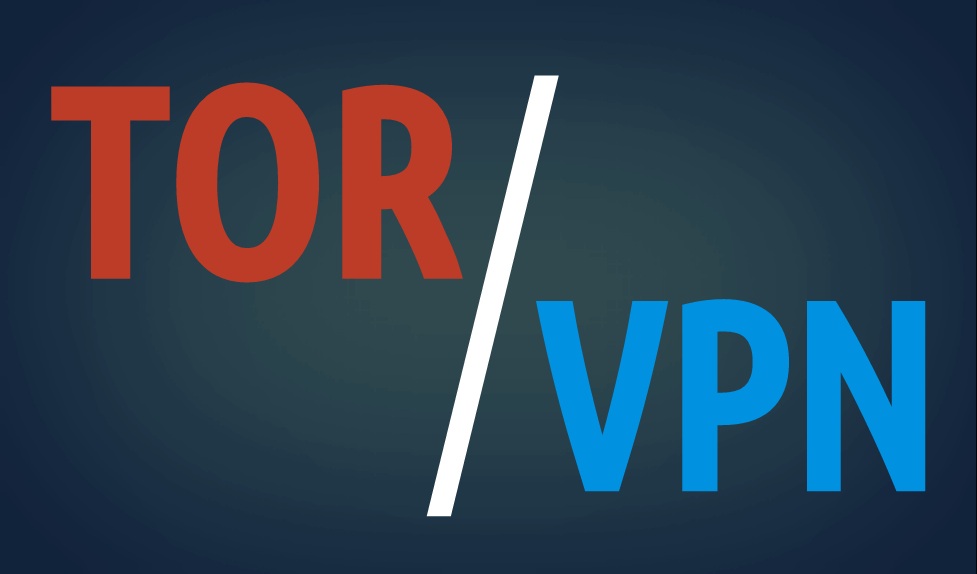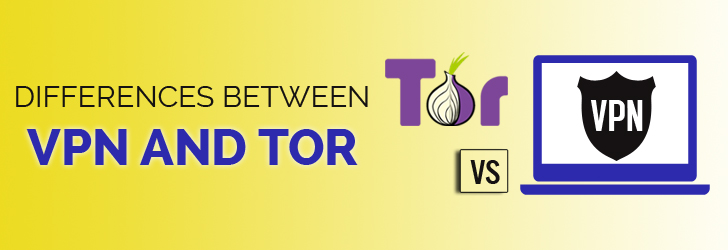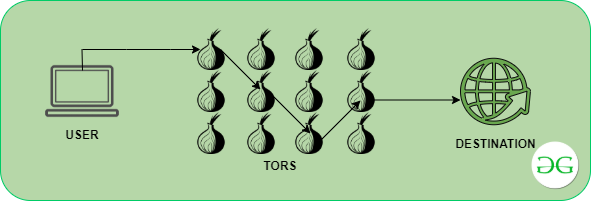Featured
Table of Contents
Differences Between Tor Browser And Vpn
In practice, Tor Web browser is totally free, while VPNs are normally paid, which makes your choice easy? Today, I desire to give you a complete contrast of Tor vs VPN and describe what they represent, their distinctions, use cases, and much more.
To begin off this Tor vs VPN comparison, I first need to describe what these tools represent. Providing you a clear definition of what they are and how they work will help you understand their distinctions, so pay close attention. Beginning with Tor, this term is an abbreviation for "The Onion Router".
Nord, VPN It's crucial to bear in mind that this is a tool for anonymity and not privacy I'll describe why quickly. When it pertains to Tor nodes, they're held and kept by volunteers, so we're discussing a decentralized service, rather than a central service which is the case with a VPN.
The silver lining is anonymity because nodes aren't run by any particular business, so you aren't running the risk of storing and logging your surfing activity by that business. On the other hand, the security of each node depends on the individual that's preserving it. As such, a node can be jeopardized by a hacker, let's say, who will be able to trace your connection.
Vpn Vs Tor Vs Proxy Servers In 2023: Stay Anonymous ...
The entry node is more crucial since, when linking to Tor, your ISP can see that you did that through the entry node. We'll talk about that later on in this Tor vs VPN article.

Its "The Onion Router" name originates from the truth that it peels the layers of encryption likewise to the onion layers. And dark web sites also have the domain ". onion", which isn't a coincidence. Listed below, I discussed how Tor works and the procedure of encrypting and decrypting your requests.
When you connect to the Tor network and you send out a demand, you get triple encryption for each node. There's the entry node (frequently called the guard node), the middle node (or middle server), and the exit node. Tor sends your request to the entry node, which gets rid of the first layer of encryption.
Nevertheless, the entry node can't read the encrypted content of the demand, so it still can't trace your activities inside the Tor network. The traffic is then sent out to the middle node, which gets rid of another layer of encryption and sends the encrypted traffic to the exit node. Finally, the exit node peels the final layer of encryption, which is why it can see the encrypted request however it can't recognize who is sending it since it can't see your IP address.
Vpn Vs Tor Vs Dvpn - What Are The Real Differences?

If you're seeking to remain anonymous online and you're considering using Tor, I think it's great to understand more about its benefits and drawbacks, so examine them out listed below. The triple layer of encryption makes sure 100% privacy when using Tor Internet browser It's complimentary and does not need any memberships It's a decentralized, open-source network with no monitoring and security Tor Web browser can going on the dark web The entry node can read your IP address and make it noticeable to your ISP when using Tor Slows down your web speed substantially due to sophisticated file encryption Nodes are operated by volunteers who might not do a great task at making sure they're protected You can't select an IP address from a specific nation, so you can't bypass geo-blocks Tor Internet browser doesn't work on all platforms Wondering what are the distinctions in between Tor and VPN? Well, for the start, a VPN is a tool for personal privacy, which implies it'll conceal your identity and prevent anybody from seeing who you are.
VPN services provide thousands of servers in different nations, so they allow you to connect to any of them easily and get an IP from the nation you need. Each demand you send is routed through a VPN tunnel where it is sent out to a VPN server which decrypts it and connects you to the site you want.
, for example, while Tor secures just the part of the connection sent out through the Tor Browser.

With a single layer of file encryption, the VPN really goes through less steps to protect your connection which has a big benefit much quicker speeds and better performance. Let's talk about the pros and cons of VPNs and see what they do well and what are their shortcomings. They're extremely simple to use VPNs can be installed on every platform (Windows, i, OS, Linux, Android, mac, OS, routers,) You can choose an IP address from a particular nation, letting you bypass geo-restrictions There's a higher degree of accountability since you know who owns the VPN servers VPNs are very quick and exceptional service providers offer 10 Gbps servers Advanced security functions like a kill switch, advertisement blocker, and Multi, Hop Overall personal privacy, thanks to advanced encryption and the ability to hide your initial IP It's a paid service which can be a problem for budget-constricted users Some VPN services are understood for saving logs (Hola VPN, Ninja, VPN, Betternet,) You should pick a reliable VPN that has a no-logs policy given that you're handing over your privacy/anonymity to that company Now that you what Tor and VPN are, I feel the need to rapidly summarize their distinctions just to ensure you comprehend everything well.
Latest Posts
10 Best Vpn Services For 2023 - Top Vpns Compared
Best Business Vpn In 2023 [Ranked & Reviewed]
Best Vpn Services 2023 — Today's Top Picks